Hello Blurtters,
Today I’m going to share you three photos of beautiful flowers that I took using iPhone 5. Hope you like it.
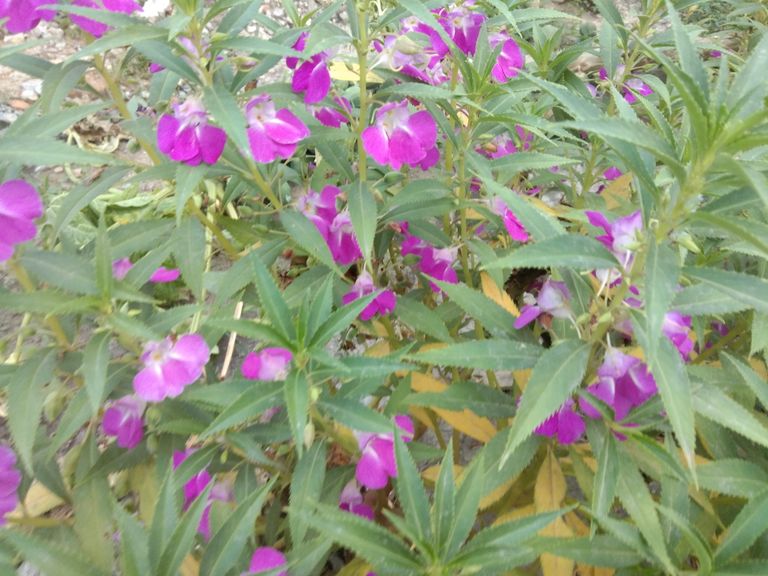
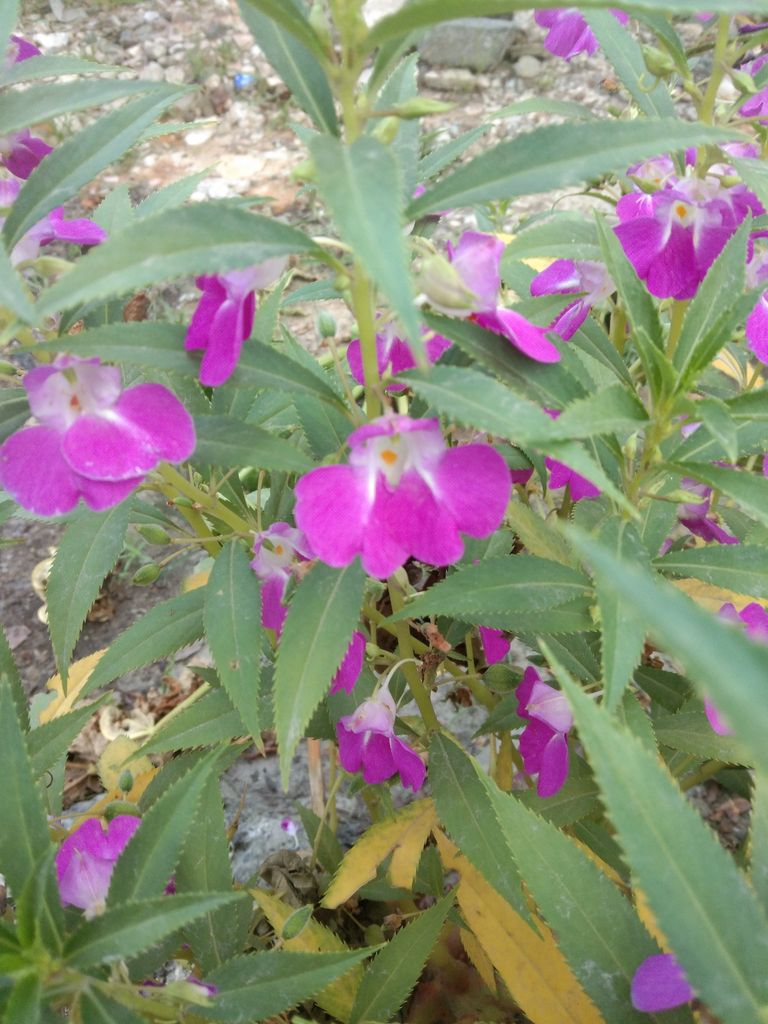
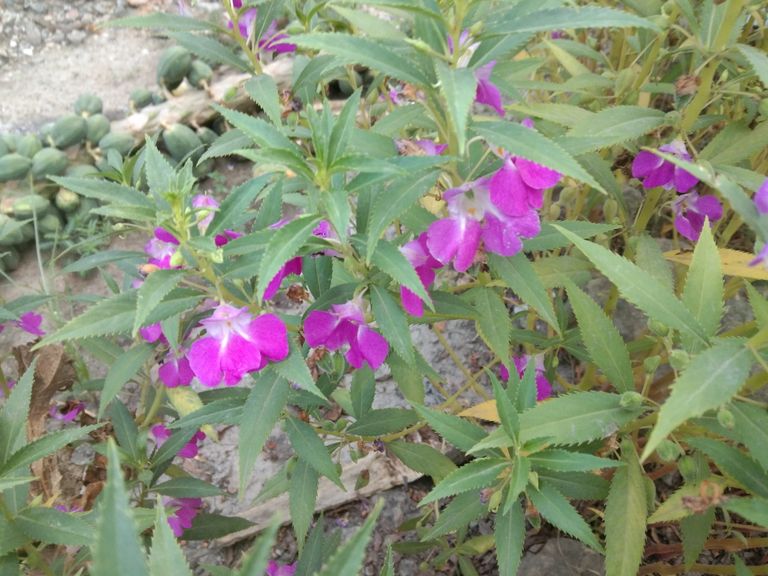
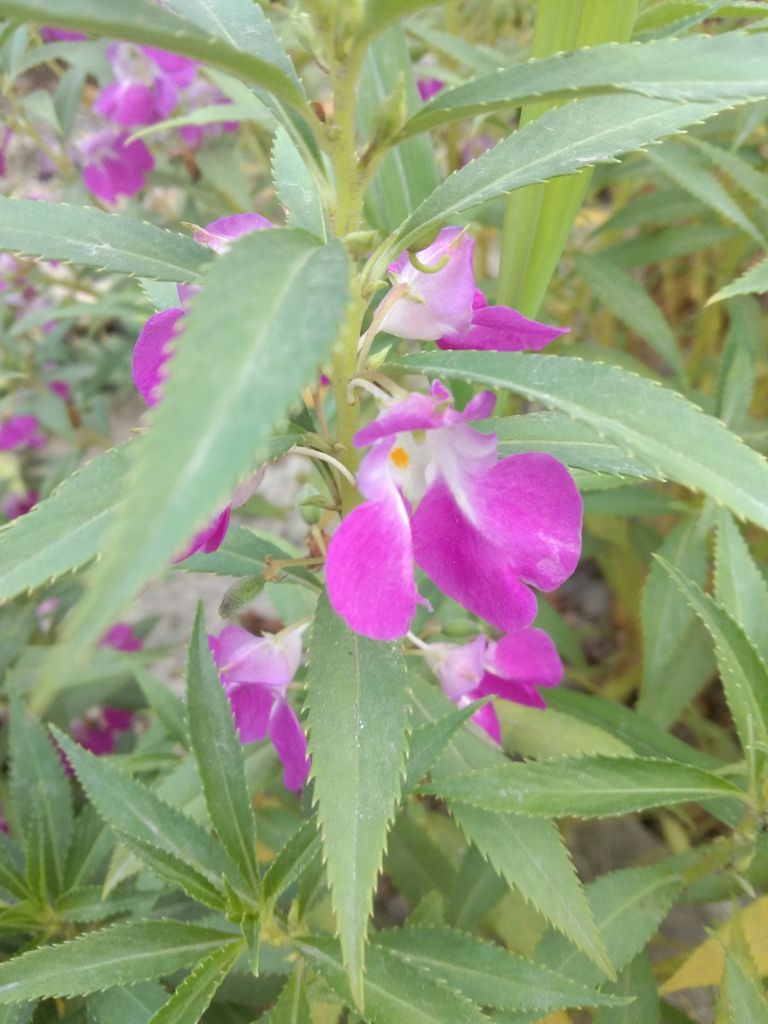
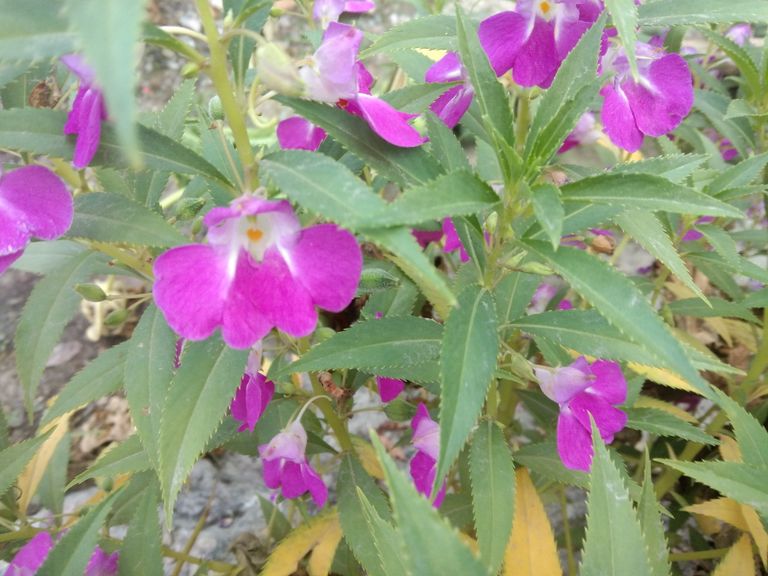
Cheers,
Larasbpn

Impatiens balsamina, commonly known as balsam, garden balsam, rose balsam, touch-me-not or spotted snapweed, is a species of plant native to India and Myanmar.
It is an annual plant growing to 20–75 cm tall, with a thick, but soft stem. The leaves are spirally-arranged, 2.5–9 cm long and 1–2.5 cm broad, with a deeply toothed margin. The flowers are pink, red, mauve, purple, lilac, or white, and 2.5–5 cm diameter; they are pollinated by bees and other insects, and also by nectar-feeding birds. The ripe seed capsules undergo explosive dehiscence.
Different parts of the plant are used as traditional remedies for disease and skin afflictions. Juice from the leaves is used to treat warts and snakebite, and the flower is applied to burns. This species has been used as indigenous traditional medicine in Asia for rheumatism, fractures, and other ailments. In Korean folk medicine, this impatiens species is used as a medicine called bongseonhwa dae for the treatment of constipation and gastritis. Chinese people used the plant to treat those bitten by snakes or who ingested poisonous fish. Juice from the stalk, pulverised dried stalks, and pastes from the flowers were also used to treat a variety of ailments. Vietnamese wash their hair with an extract of the plant to stimulate hair growth. One in vitro study found extracts of this impatiens species, especially of the seed pod, to be active against antibiotic-resistant strains of Helicobacter pylori. It is also an inhibitor of 5α-reductases, enzymes that converts testosterone to dihydrotestosterone (active form of testosterone), thus reducing action of testosterone in our body.
In Nepal, the balsam leaves are crushed to dye fingernails on the day of Shrawan Sakranti (Shrawan 1). The day is also observed as Luto Faalne Deen (Go Away-Itch Day). Similarly, in China and Korea, the flowers are crushed and mixed with alum to produce an orange dye that can be used to dye fingernails. Unlike common nail varnish, the dye is semi-permanent, requiring dyed nails to grow off over time in order to remove any traces of color.
Source
Pacar air adalah tanaman yang berasal dari Asia Selatan dan Asia Tenggara namun telah diperkenalkan ke Amerika pada abad ke-19. Tanaman ini adalah tanaman tahunan atau dua tahunan dan memiliki bunga yang berwarna putih, merah, ungu, atau merah jambu. Bentuk bunganya menyerupai bunga anggrek yang kecil. Tinggi tanaman ini bisa mencapai satu meter dengan batangnya yang tebal namun tidak mengayu dan daunnya yang bergerigi tepinya.
Tanaman ini sangat disukai lebah dan serangga lain yang membantu penyerbukannya. Walaupun demikian, tanaman ini tidak dapat hidup di lingkungan yang kering. Berbagai bagian tanaman ini biasa digunakan sebagai obat tradisional.
Pacar air dapat hidup tanpa akar sebab batangnya bisa menghisap air, tetapi apabila akarnya dihilangkan, maka pacar air harus ditaruh di gelas penuh air atau yang lainnya.
Buah bunga pacar air.
Cara mengembangbiakkan tumbuhan ini adalah dengan menyebar biji benihnya atau dengan cara meletupkan buahnya.
Sumber
** Your post has been upvoted (4.71 %) **
Curation Trail is Open!
Join Trail Here
Delegate more BP for bigger Upvote + Daily BLURT 😉
Delegate BP Here
Upvote
https://blurtblock.herokuapp.com/blurt/upvote
Thank you 🙂 @tomoyan